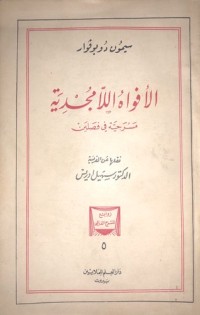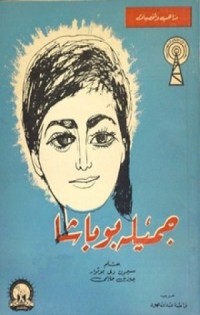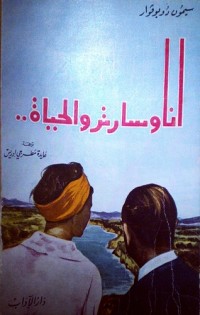
Simone de Beauvoir is best known for her autobiographical writings, as well as her study of the subordination of women in Western society, "Le Deuxi me Sexe" (1949). Written five years before, her powerful play "Les Bouches Inutiles" (1945)
shows Beauvoir's dramatisation of issues to which the later texts would return, as well as a significant stage in her creative and philosophical dialogue with Jean-Paul Sartre. The play describes the decision by the male rulers of a besieged city to kill its 'useless mouths', the women, children and elderly, in order to ensure their own survival. Set in the Middle Ages, "Les Bouches Inutiles" presents the attempted resolution of a moral and political dilemma inspired directly by contemporary events: it was written in the last days of World War Two, and performed in the year French women acquired the right to vote. The play explores the effects on society created by the systematic exclusion of its 'silent' members, and deals with issues pertinent to many aspects of the modern world.
Simone de Beauvoir is best known for her autobiographical writings, as well as her study of the subordination of women in Western society, "Le Deuxi me Sexe" (1949). Written five years before, her powerful play "Les Bouches Inutiles" (1945)
shows Beauvoir's dramatisation of issues to which the later texts would return, as well as a significant stage in her creative and philosophical dialogue with Jean-Paul Sartre. The play describes the decision by the male rulers of a besieged city to kill its 'useless mouths', the women, children and elderly, in order to ensure their own survival. Set in the Middle Ages, "Les Bouches Inutiles" presents the attempted resolution of a moral and political dilemma inspired directly by contemporary events: it was written in the last days of World War Two, and performed in the year French women acquired the right to vote. The play explores the effects on society created by the systematic exclusion of its 'silent' members, and deals with issues pertinent to many aspects of the modern world.




























